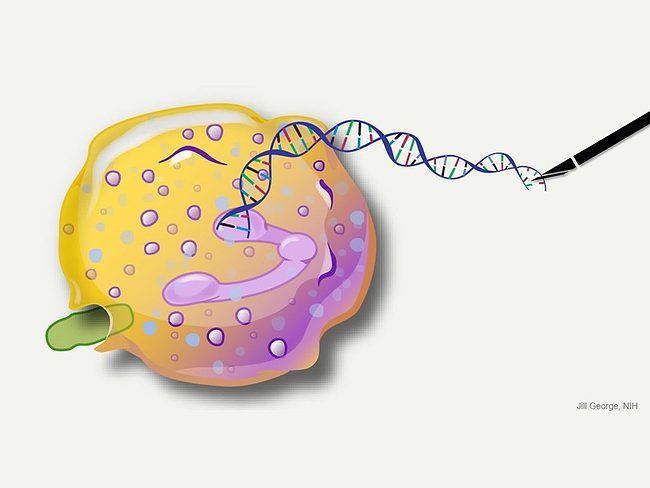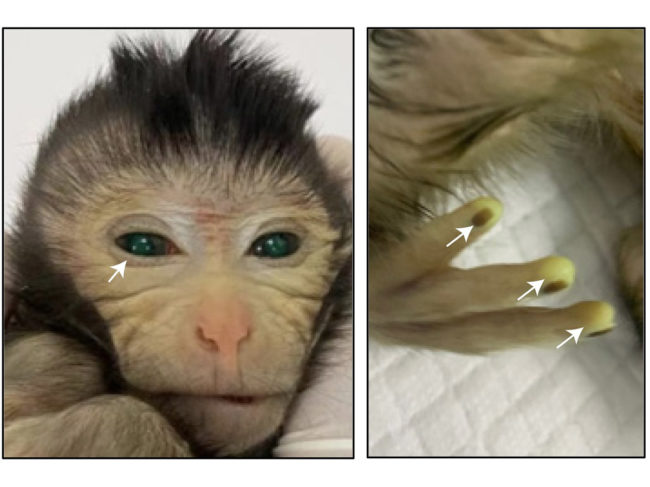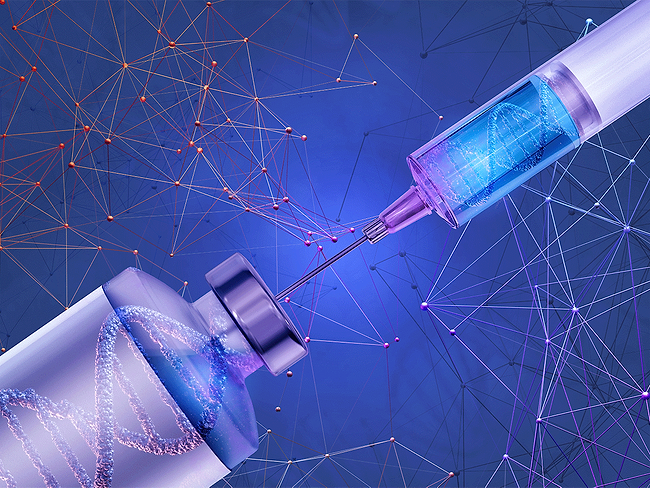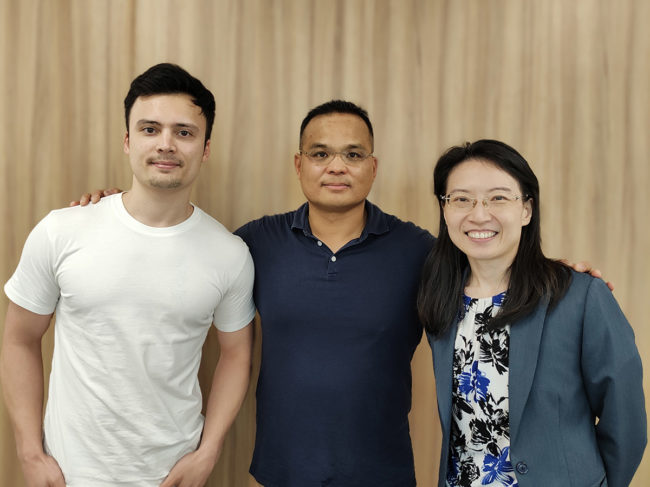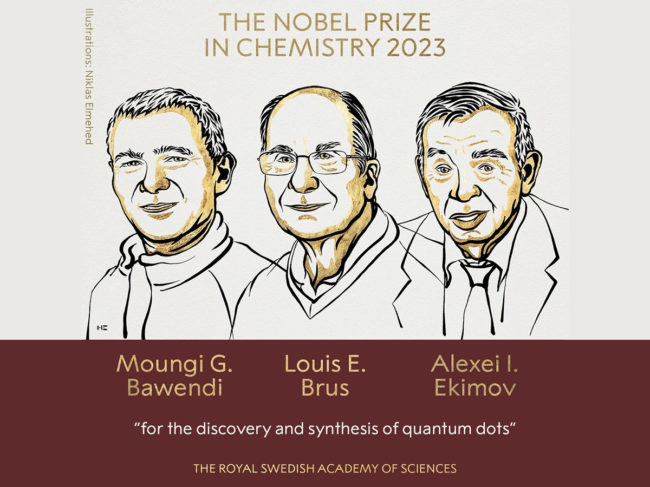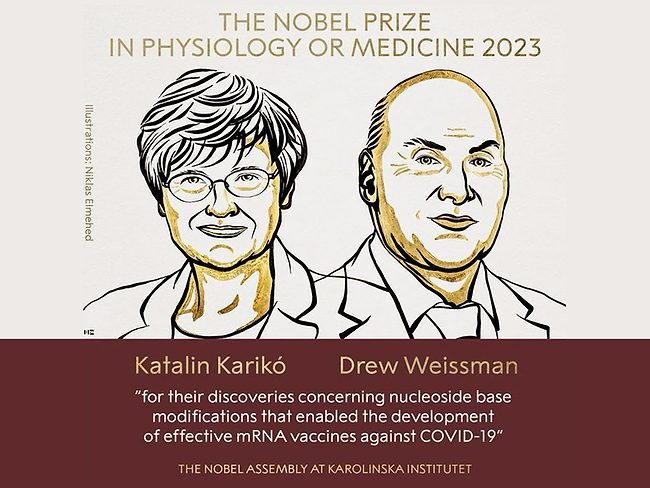
Drug design, drug delivery and technologies, BioWorld
Bio-IT World Conference & Expo Europe
Is AI on the way to designing drugs? Astrazeneca thinks so
Read MoreDrug Design, Drug Delivery & Technologies
1st chimeric monkey born with large embryonic stem cell contribution
Read MoreDrug Design, Drug Delivery & Technologies
Automera launches with $16M series A funding to tackle protein degradation
Read MoreDrug Design, Drug Delivery & Technologies
